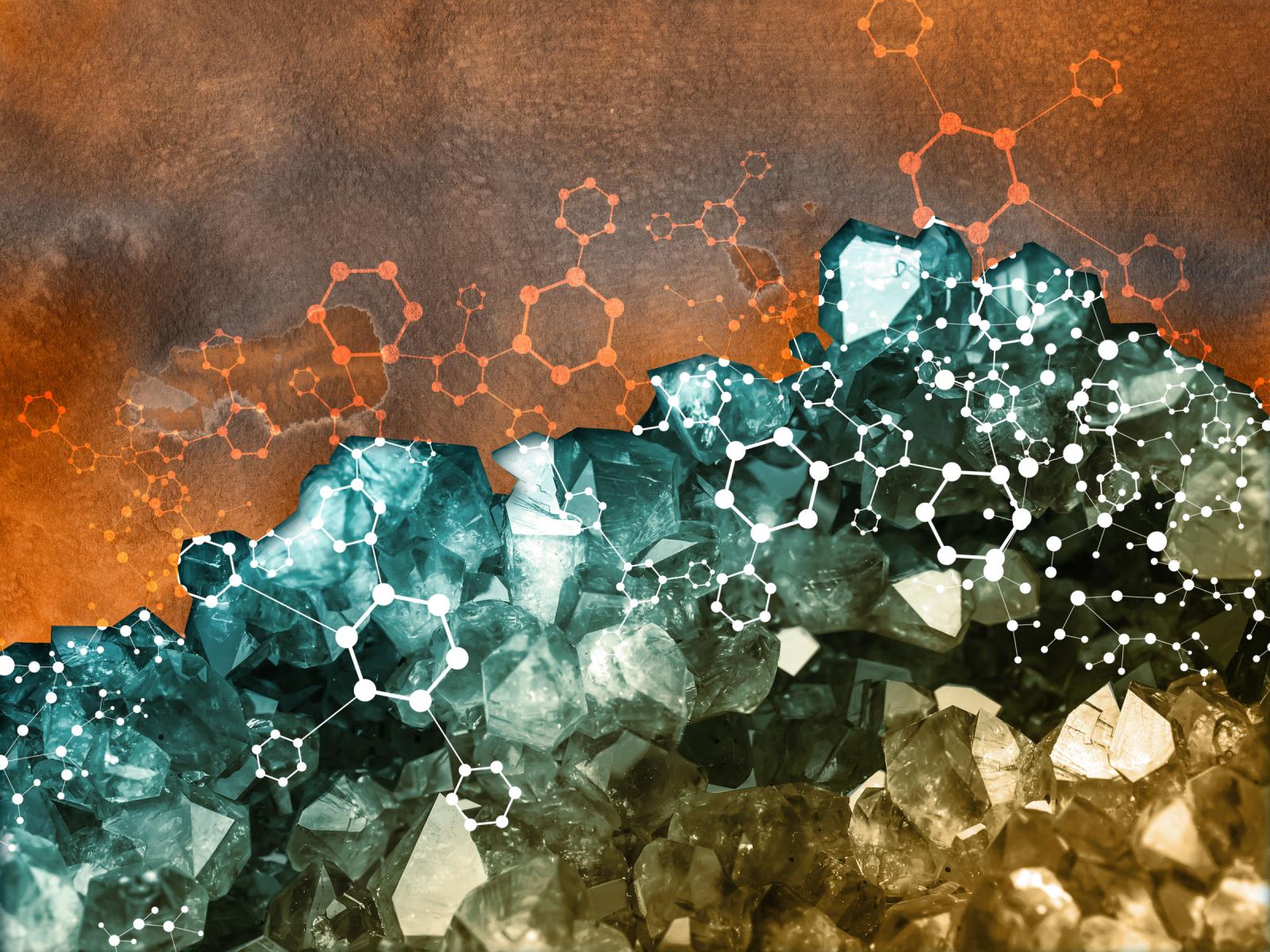Odeta Qafoku-Led Chemistry Journal Article Ranks in Top 10 Percent
Journal credits paper for ‘exceptionally positive referee reports,’ significance, impact

Environmental Science: Nano cited the article led by Odeta Qafoku because it was one of the top 10 percent of papers published in 2020.
(Image by Nathan Johnson | Pacific Northwest National Laboratory)
Environmental Science: Nano has selected an article led by Pacific Northwest National Laboratory chemist Odeta Qafoku as one of the top 10 percent of papers published in the journal.

“This selection is based on the exceptionally positive referee reports that your manuscript received during peer review, along with the Editor’s assessment of the significance and impact of the paper,” the Royal Society of Chemistry-published journal said in a letter informing Qafoku of the distinction. The selection was for articles published in 2020 and was based on recommendations from the journal’s associate editor and reviewers’ scores at the peer-review stage.
The article, “Nanoscale observations of Fe(II)-induced ferrihydrite transformation,” was published in November. Ferrihydrite is a nano-size iron hydroxide found at the Earth’s surface.
“Insights into the transformation of the nanomineral ferrihydrite towards more stable crystalline forms are important for understanding the environmental fate of metals, nutrients, and contaminants in soil and sediments,” the article says in its “Environmental significance” section.
Kevin Rosso, PNNL laboratory fellow and Physical Sciences Division group leader for geochemistry, helped guide the research, said Qafoku.
Other PNNL-affiliated contributors to the article included materials scientist Libor Kovarik, chemist Mark Bowden, physical chemist Elias Nakouzi, and chemist Carolyn Pearce; as well as Ph.D. student Anxu Sheng and associate professor Juan Liu of the College of Environmental Sciences and Engineering, Peking University in Beijing.
The research was funded by the U.S. Department of Energy, Office of Science, Basic Energy Sciences program, Chemical Sciences, Geosciences and Biosciences Division through its Geosciences program at PNNL. A portion of the work was performed using the Environmental Molecular Sciences Laboratory at PNNL.
Published: December 28, 2020